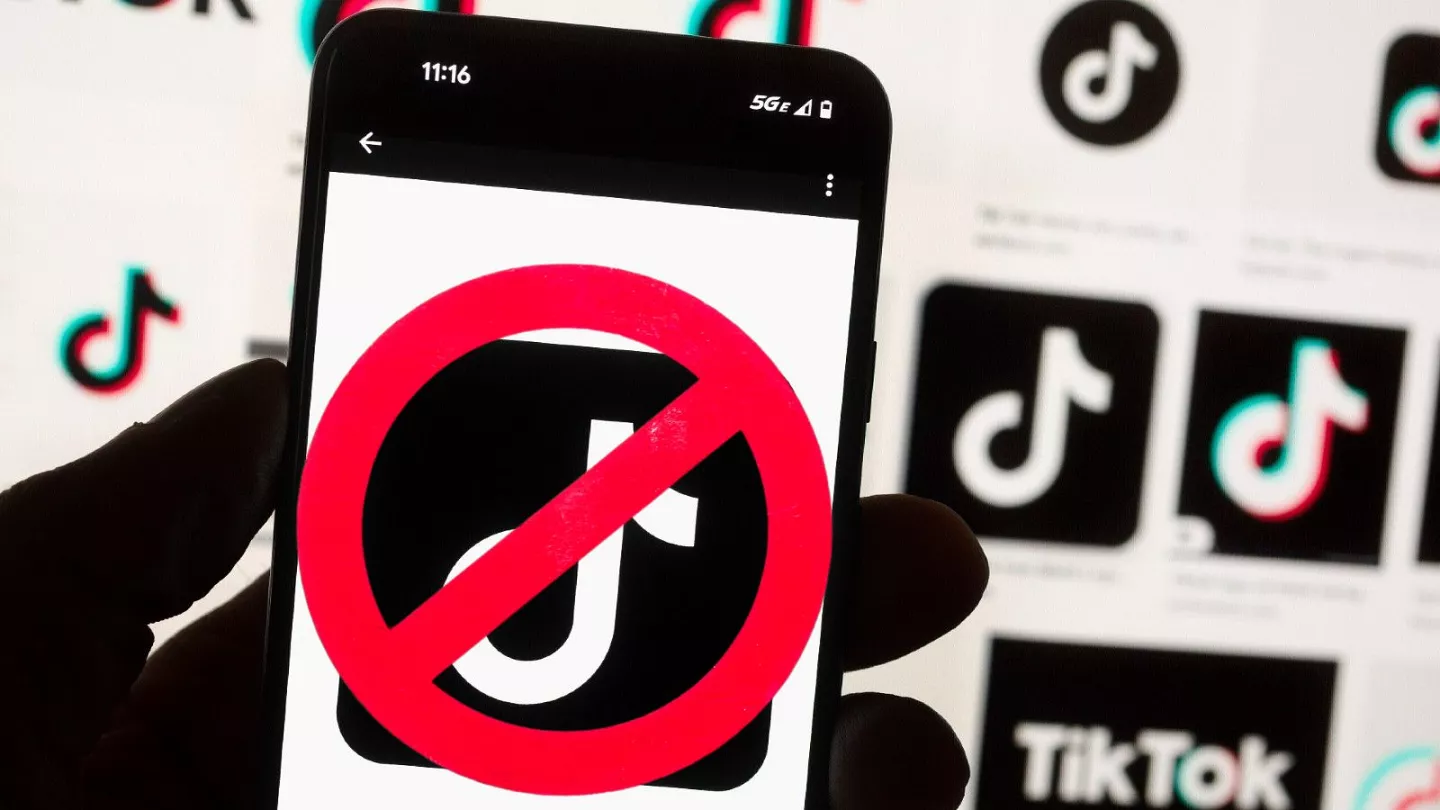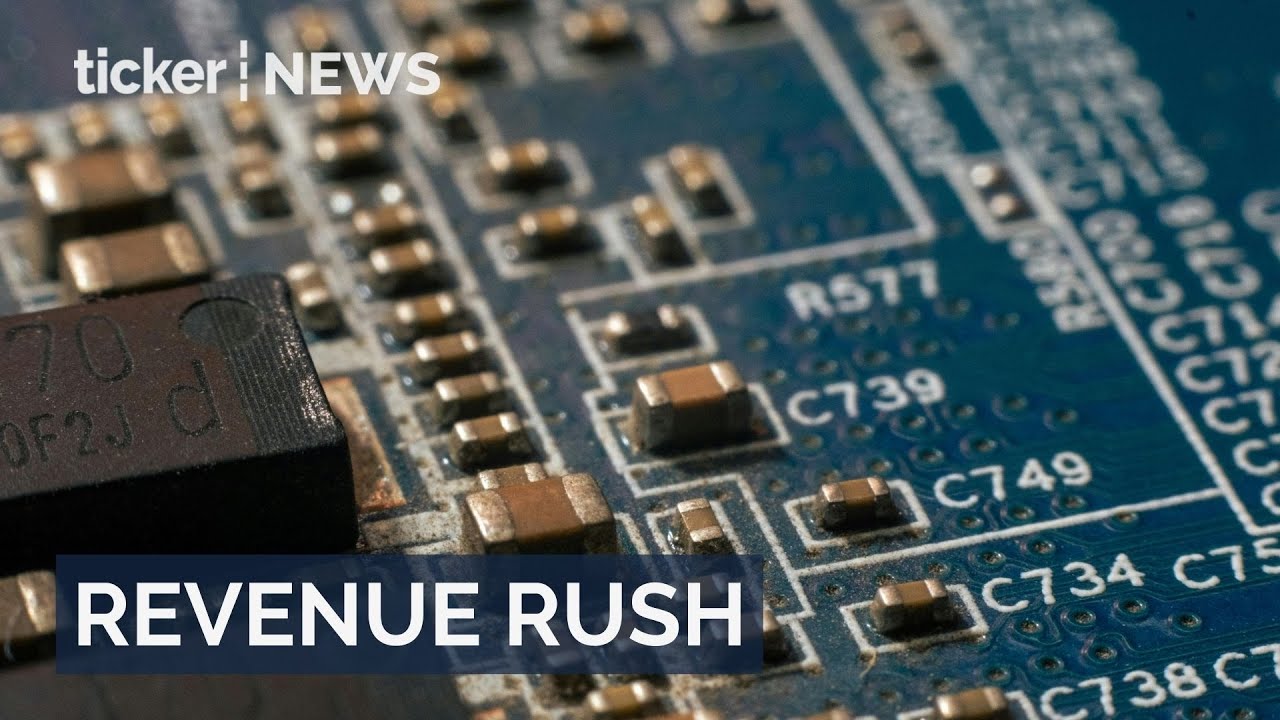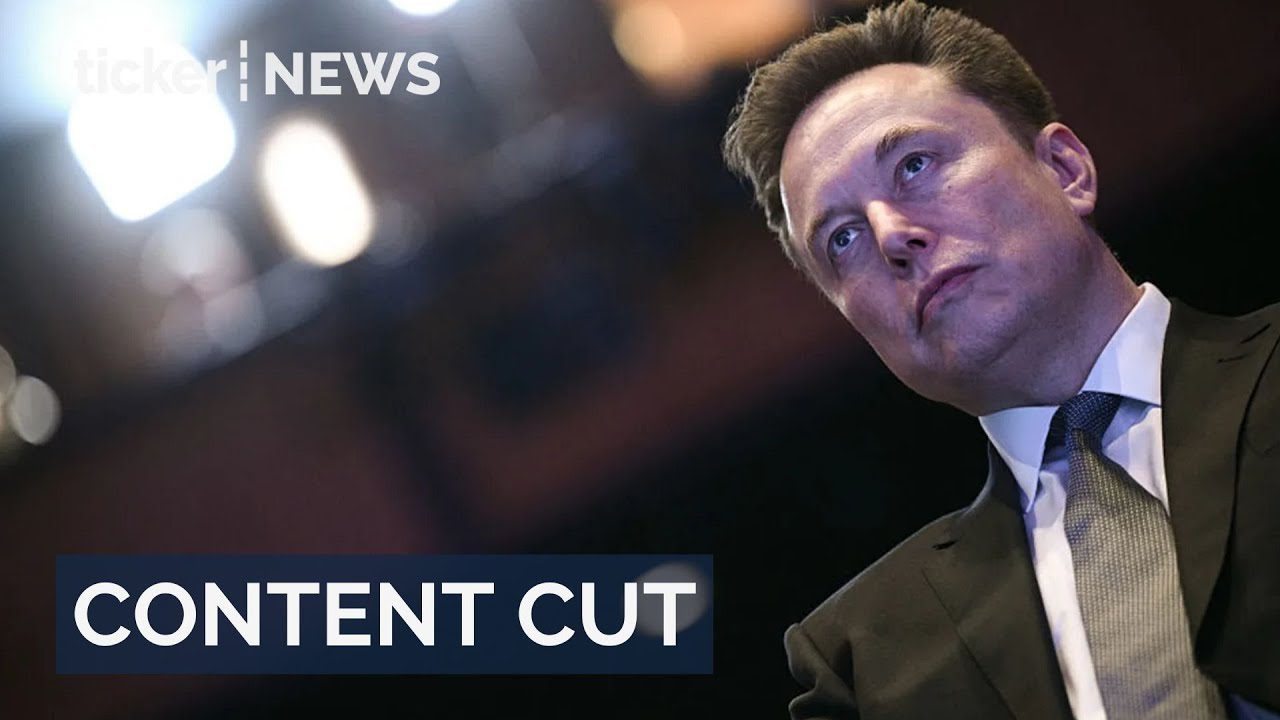Tech
Tik Tok ban – U.S. house committee makes a unanimous decision

Tech
TSMC posts record profits on AI chip boom
TSMC posts record Q4 profit, driven by strong chip demand, exceeding predictions and signaling market dominance.
Tech
X restricts Grok AI as global backlash grows
X restricts Grok AI from creating sexualized images amid global backlash and regulatory concerns, aligning with UK guidelines.
Tech
AI drives memory prices higher as SK hynix and TSMC expand
Explore the rising global memory market driven by AI demand and hear insights from Brad Gastwirth on industry trends.
-



 Ticker Views3 days ago
Ticker Views3 days agoGlobal power struggles and Arctic shipping risks
-



 Leaders4 days ago
Leaders4 days agoSendle’s closure impacts Australia’s small business logistics
-



 News5 days ago
News5 days agoIran protests and the global fight for freedom
-



 Money5 days ago
Money5 days agoU.S. budget deficit falls to $1.67 trillion
-



 Docos4 days ago
Docos4 days agoTrump threatens to take Greenland as NATO crisis erupts
-



 News5 days ago
News5 days agoU.S. moves personnel from Qatar base amid Iran tensions
-



 Tech5 days ago
Tech5 days agoX restricts Grok AI as global backlash grows
-



 Tech4 days ago
Tech4 days agoTSMC posts record profits on AI chip boom







